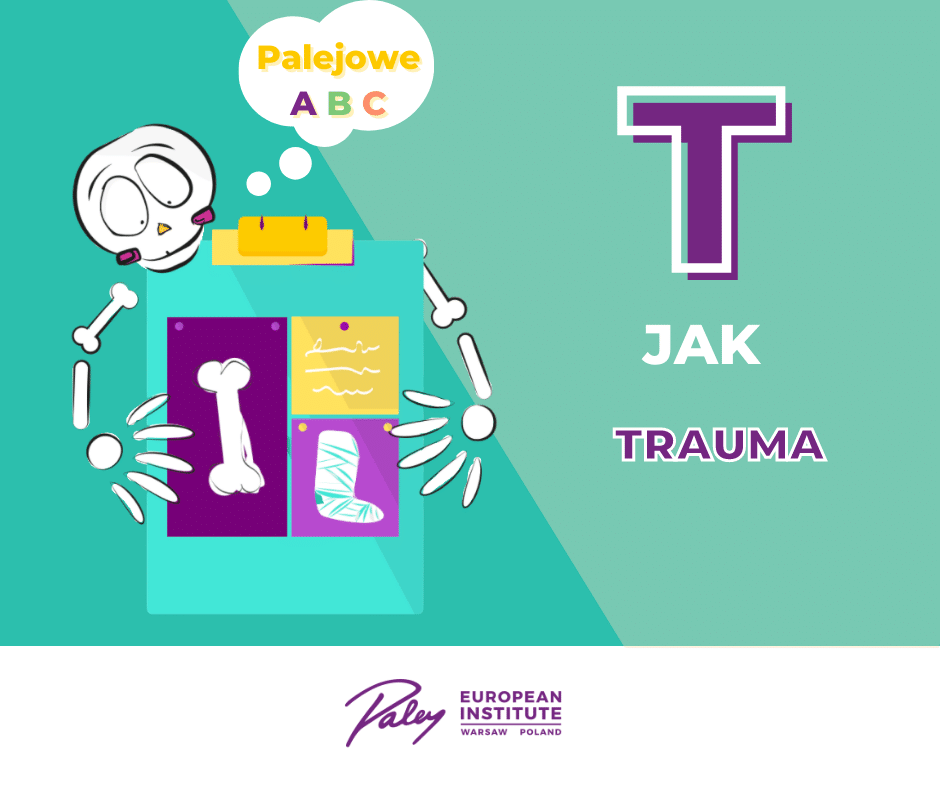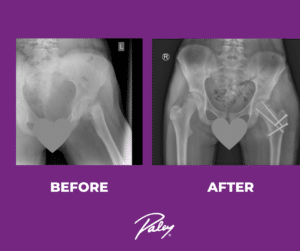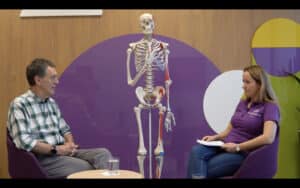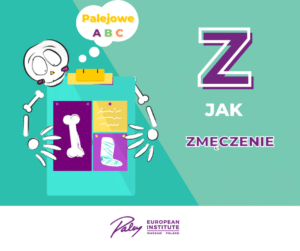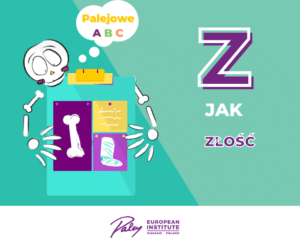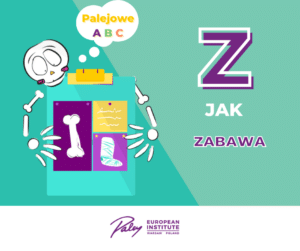Trauma, understood as a psychological trauma, is a condition caused by a situation that threatens human life or health. It is the kind of experience that has surpassed our ability to cope.
An event that we define as traumatic has several features: it is dangerous, it threatens our health or life, the person is directly exposed to it or is a witness to such an event, and has a sense of loss or lack of control over the situation. The so-called traumatic stressor can therefore be a traffic accident, natural disasters, assault, domestic violence, as well as procedures related to the violation of the child’s bodily integrity, such as surgery. The appearance of this type of event does not automatically mean that a person will develop post-traumatic stress disorder. Usually people are able to cope with difficult events, even if they fall into the traumatic category.
Traumatic events can negatively affect human functioning. By making everyday life difficult, establishing contacts with other people, they gradually deprive a person of the joy of life. They can also hinder the healing process and slow down the rate of physical recovery.
Children exposed to traumatic experiences may experience fear, helplessness or anxiety long after the event, as well as body reactions such as increased heart rate, intense sweating, and even vomiting as a reaction to recalling the traumatic event. There may also be difficulties concentrating, a strong urge to move certain parts of the body (e.g., moving the leg, manipulating the hands, tapping the fingers), and problems with remembering and learning. On the other hand, a child may completely withdraw from activity and isolate from the world.
After a frightening experience, your child may feel constantly in danger. This leads to difficulties falling asleep, as well as violent reactions to neutral or harmless stimuli such as accidentally touching the baby or the sound of the telephone.
What to look for after leaving the hospital?
In children and adolescents:
– younger children may need more parental closeness,
– sometimes children have difficulty separating (even as short as the parent’s exit to another room or bathroom),
– they may want to hold their parent’s hand or cuddle them all the time,
You may also find it difficult to fall asleep and wake up more often at night (from nightmares or night terrors),
– appetite may decrease,
– children may become more alert and react with anxiety to gentle touches or sounds,
– may complain of physical symptoms such as stomach aches or headaches,
– you may be afraid of strangers,
– reluctance to go to kindergarten or school (which did not occur before),
– more quarrelsome, reacting to a conversation with screams or crying.
At parents:
– tendency to be overly cautious and overworking the child, even when the child can (and wants) to do something on his own,
– blaming yourself for your child’s pain and suffering,
– fear of caring for a child (related to the fear of harming the child).
Usually, these disturbing signals disappear within a few days or weeks of a difficult event. However, if they are prolonged and have a negative impact on everyday functioning and well-being, it is worth using a medical and / or psychological consultation.
What helps?
– providing the support that is needed at the moment (listening, understanding, if necessary – giving directions);
– stressing that emerging emotions are okay and that the child has a right to them;
– ensuring physical and emotional security;
– making sure that the child has influence and control over at least a few things that will happen during the day;
– the opportunity to share your experiences, experiences and emotions.
The last point is important not only for children, but also for parents who are tired and overburdened and need a second adult to take into account what they are experiencing.
